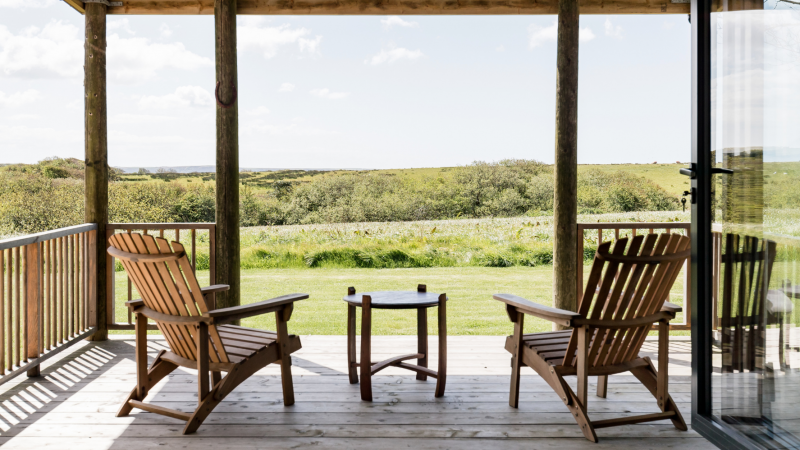
SPONSORED POST
Communities up and down the country have been devastated by the Covid-19 pandemic. Towns, cities, villages, rural communities and coastal resorts all came to a standstill, with shuttered shops, businesses and tourist attractions acting as a constant reminder of the damage wrought by the crisis.
With travel halted for much of the last 18 months, the UK’s tourism industry shrank by about two-thirds. This cost the UK economy £58bn, according to VisitBritain, and the consequences for communities reliant on tourism in lost jobs and livelihoods will be long-lasting.
But the easing of restrictions in recent months has seen this country’s vibrant tourism industry begin to rebound. Millions of Brits this year chose to enjoy a Great British Summer at home, visiting seaside towns like Sandgate in Kent, which became the top trending coastal destination in the UK on Airbnb.
Nearby travel has made up 82% of nights booked via Airbnb in the UK this year, while rural travel accounted for 48%, up from 23% in 2015.
By giving people the opportunity to stay outside of tourist hotspots, and shop, eat and drink in local shops, bars and restaurants they might otherwise have missed, Airbnb is helping disperse tourism, creating new economic opportunities for rural areas.
As part of our commitment to help rebalance travel – seeking to avoid guests concentrating in the same handful of destinations as before – we will continue partnering with destination marketing organisations to promote and disperse tourism to the places that most want it, spreading benefits to the parts of the UK that need it the most.
While the return of domestic travel has been welcome, we also recognise that it has brought challenges – particularly in the most popular destinations across the country. That is why we’ve worked hard to support local authorities and communities to ensure the responsible recovery of tourism in their areas.
In a first for the UK, Airbnb has offered local governments, politicians and tourism organisations access to Airbnb’s City Portal. This provides them with tools and locally-specific data to give them insights into short-term letting activity in their area and the ability to deal with incidents or concerns.
But we want to go further. In June, we launched our short-term lets registration white paper, setting out proposals for a simple, new national registration system for short term let properties in the UK.
A registration system would give greater transparency over short-term letting activity across the country, giving local authorities greater visibility on short-term lets, including those who are breaking the rules.
We will continue to work with politicians from all parties in order to build support for a registration system that we firmly believe will benefit communities, guests and the Hosts that welcome them.
The pandemic has changed the way people view travel and the tourism industry will take time to recover. But as it does, we are committed to preserving the positive changes in travel that have emerged over the last year and restore tourism in a way that works for communities and visitors – across the whole of the UK.




More from LabourList
SPONSORED: ‘Industrial hemp and the challenge of turning Labour’s priorities into practice’
‘A day is a long time in politics, so we need ‘action this day’’
Strong support for child social media ban among Labour members, poll reveals